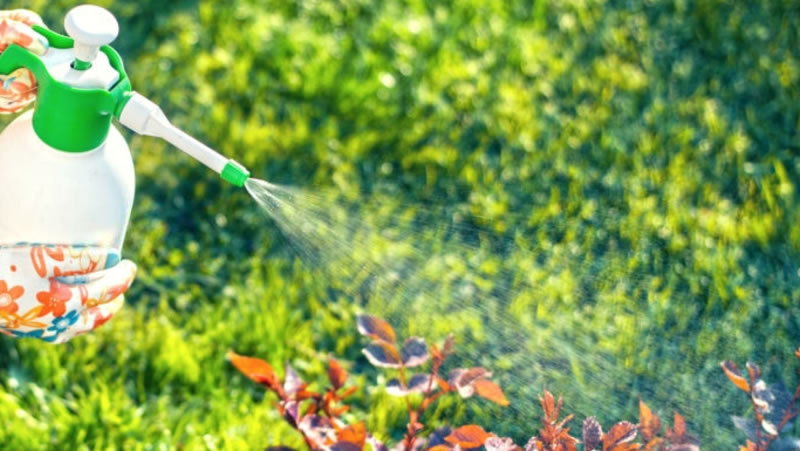Non-toxic pest control is cheaper and safer than pesticides for you, your family, your garden, and the environment. Prevention of insect infestation in a garden always starts with prevention.
Common non-toxic garden pest control methods include uprooting weak plants that may be infected or possibly attracting pests and dumping them outside the garden. Maintaining a healthy soil composition also minimizes the risk of weakening the plants in the garden. You can explore more details about nontoxic pest control via http://www.crownanontoxic pest control via http:/ndshieldpestsolutions.com.

Image Source: Google
Second, you need to get rid of everything that serves as an insect habitat. This may include loose manure in the garden and weeds that have no added value to the soil.
Since many insects are plant-specific, i.e. attack certain types of plants, swapping or rotating plants in the garden ensures minimal pests in your garden. For example, garden insects that have been associated with vegetables will find it difficult to destroy corn plants.
Likewise, the pests associated with maize crops cannot damage the mango crop. However, some plants share the same pests. Therefore, it is advisable to consult an agronomist to find the best method of crop rotation. If dealing with agricultural specialists is costly to you then you should take advantage of the many possibilities for online research.
However, if the general non-toxic garden pest control methods above haven't worked for you, don't despair. You can find useful insects that hunt other insects or their eggs. These insects love garden pests and you can use fiction to lure them into your garden or buy their eggs and hatch them.
Traps such as yellow flypaper, apple larvae traps, floating empty ceilings, and paper borders are also common non-toxic methods of controlling garden pests.